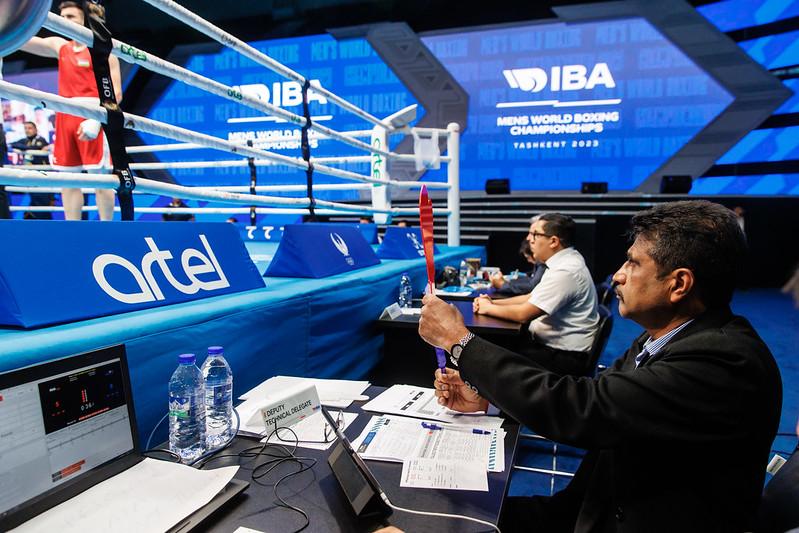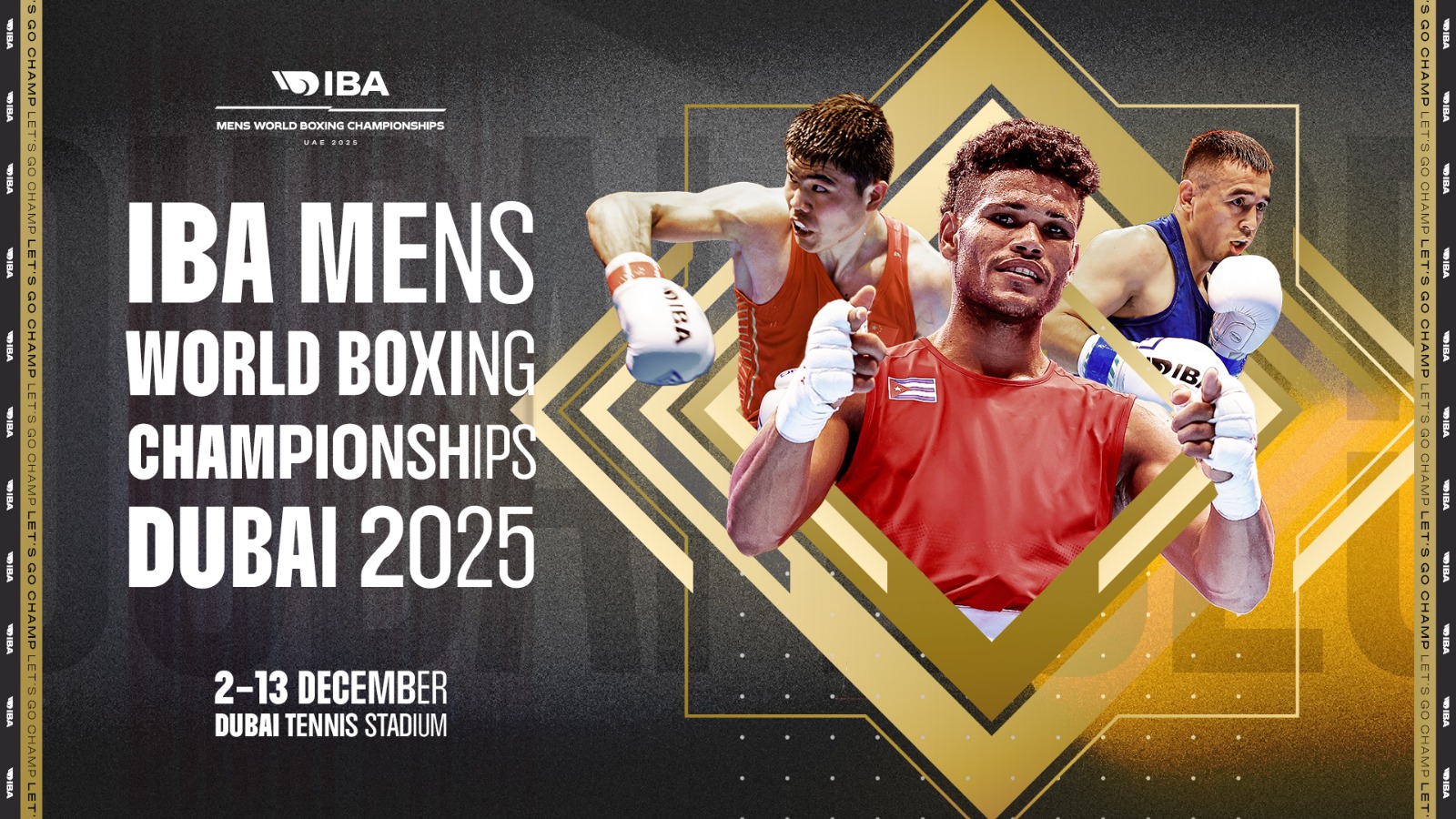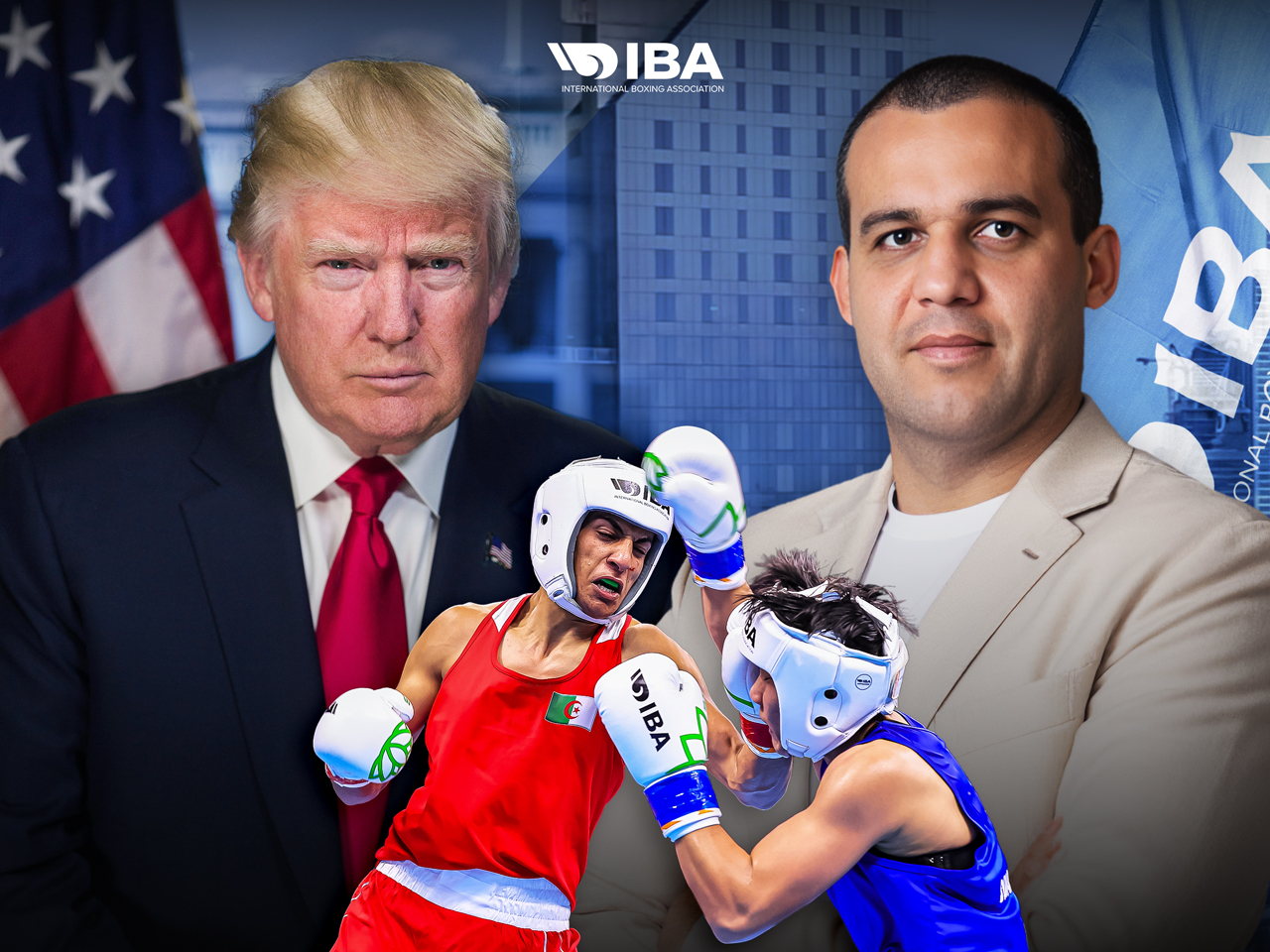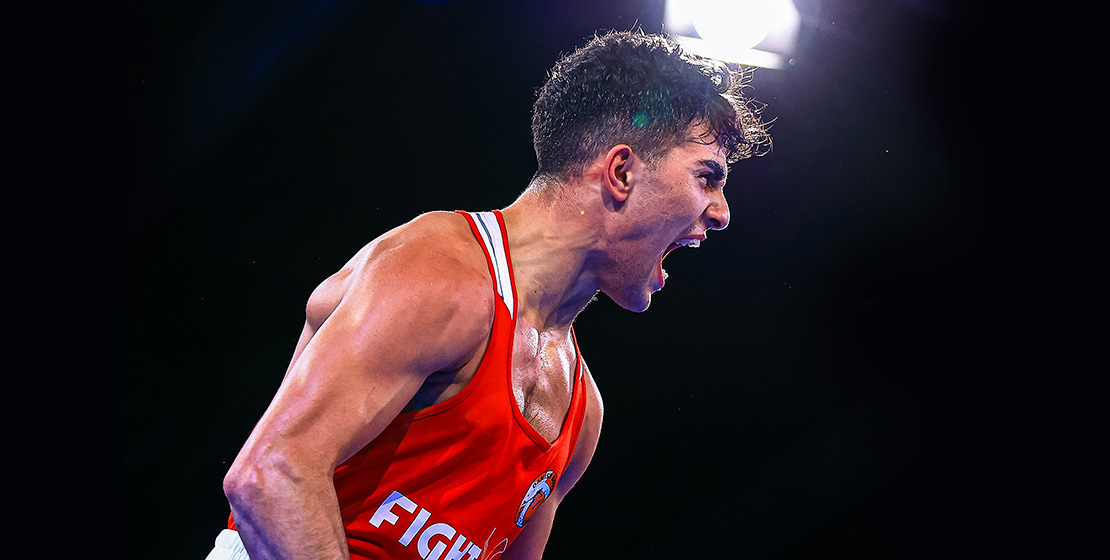Integrity Above All: G. Rajcoomar on IBA’s Global Drive to Elevate Refereeing and Judging

With decades of experience in boxing officiating, G. Rajcoomar wears many hats—IBA R&J Committee Member, Chair of the AFBC R&J Committee, ITO, Evaluator, and Instructor. From shaping refereeing standards across Africa to ensuring neutrality at the world’s biggest competitions, he has been at the forefront of IBA’s mission to strengthen credibility, professionalism, and fairness in boxing. In this exclusive Q&A, Rajcoomar shares his insights on IBA’s progress, the importance of training and integrity, and how officiating is shaping the future of the sport globally.
As a member of the IBA R&J Committee and Chair of the AFBC R&J Committee, what do you see as the biggest strides IBA has made in strengthening the credibility and professionalism of referees and judges worldwide?
IBA has trained many officials from the grassroots level up to the international stage. Across all five continents, IBA has consistently organized courses for referees and judges at one-star, two-star, and three-star levels. This global effort has ensured that thousands of officials have been formed, trained, and supported directly by IBA.
IBA has placed strong emphasis on continuous training, evaluation, and accountability for referees and judges. How do these initiatives impact the quality of officiating at major competitions?
The pathway for referees begins at the national level, where they sit for exams and officiate at local competitions. From there, they progress to international assignments as one-star referees, then two-star, and finally three-star—the highest level. Three-star referees can officiate at the World Championships and other senior elite events for both men and women. This structured system, along with evaluation and accountability, ensures consistency and excellence at the top levels of competition.
In your role as an ITO, evaluator, and instructor, how do you ensure consistency and fairness in officiating across different regions, particularly in emerging boxing nations?
Neutrality is paramount. For example, if a bout involves a boxer from Asia and another from Europe, we ensure the referee and judges are appointed from different regions to maintain impartiality. As ITOs, we are responsible for appointments, evaluations, and ensuring fairness across the field of play. My role also includes technical delegate duties, draw commissioner, and judge evaluation. In all these roles, neutrality and integrity are the guiding principles.
As Chair of the AFBC R&J Committee, how do you see IBA’s support driving the development of refereeing and judging standards across Africa, and what impact is this having on the growth of boxing on the continent?
In the last year alone, IBA supported major training courses across Africa:
2024
South Africa – Mandela Cup, (April 2024)
Ethiopia (July 2024)
Tanzania (August 2024)
Namibia (October 2024)
Kenya (November 2024)
2025
Ghana (February 2025)
Mozambique (March 2025)
Guinea – AFBC Youth Championships (May 2025)
All these R&J Courses were organised within a Zonal Development Program designed for AFBC. These courses gave opportunities to referees and judges who otherwise would not have the means to travel abroad for training. Africa is a huge continent with enormous talent, and bringing the training directly to officials there has been transformative for both officiating standards and the growth of boxing.
IBA has been very vocal about athlete welfare, integrity, and fair play. From the officiating side, how are referees and judges contributing to protecting athletes and upholding these values?
Integrity is everything. In our courses, we teach referees and judges to assess boxers solely on performance—red corner or blue corner, it doesn’t matter where they come from. The best boxer must win, and politics has no place in officiating. If I ever find an official acting unfairly, I remove them immediately. As technical delegate, I ensure neutrality in appointments and take corrective action when necessary. Athlete safety and fairness are always the priority.
Looking ahead, how do you envision IBA’s work in R&J development shaping the future of global boxing—and what excites you most about being part of this journey?
My journey with IBA has been long and rewarding. I was trained and certified by IBA (formerly AIBA), and my entire career is rooted in its values. I have officiated as a neutral referee at the World Championships and served as Deputy Technical Delegate at five consecutive editions. These experiences have allowed me to mentor new referees and judges, teaching them integrity, fairness, and professionalism. What excites me most is passing this knowledge on—helping shape the next generation of officials who will ensure boxing remains fair, credible, and athlete-focused.






